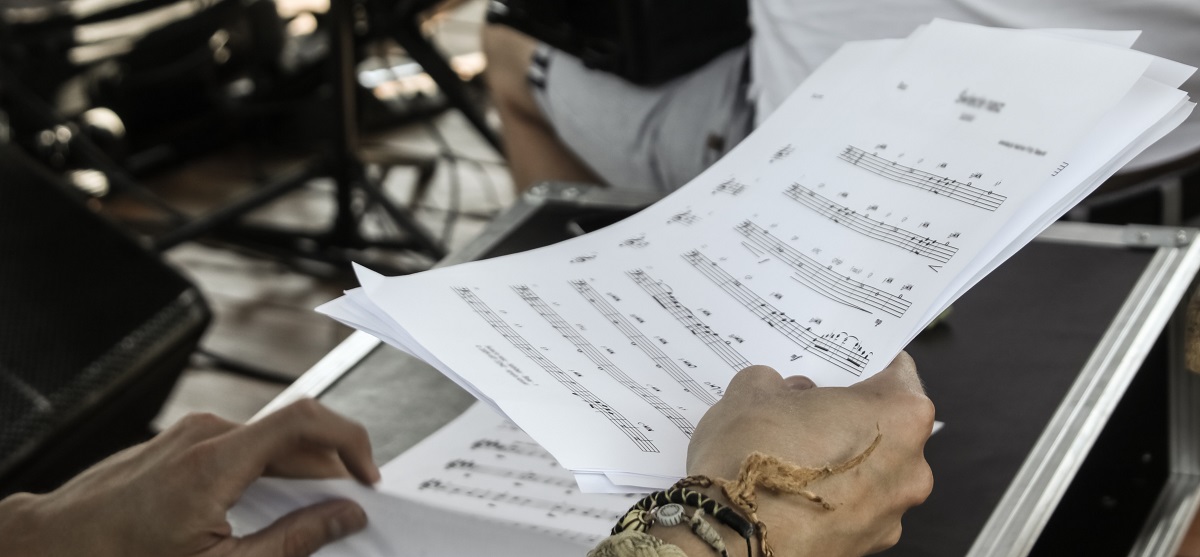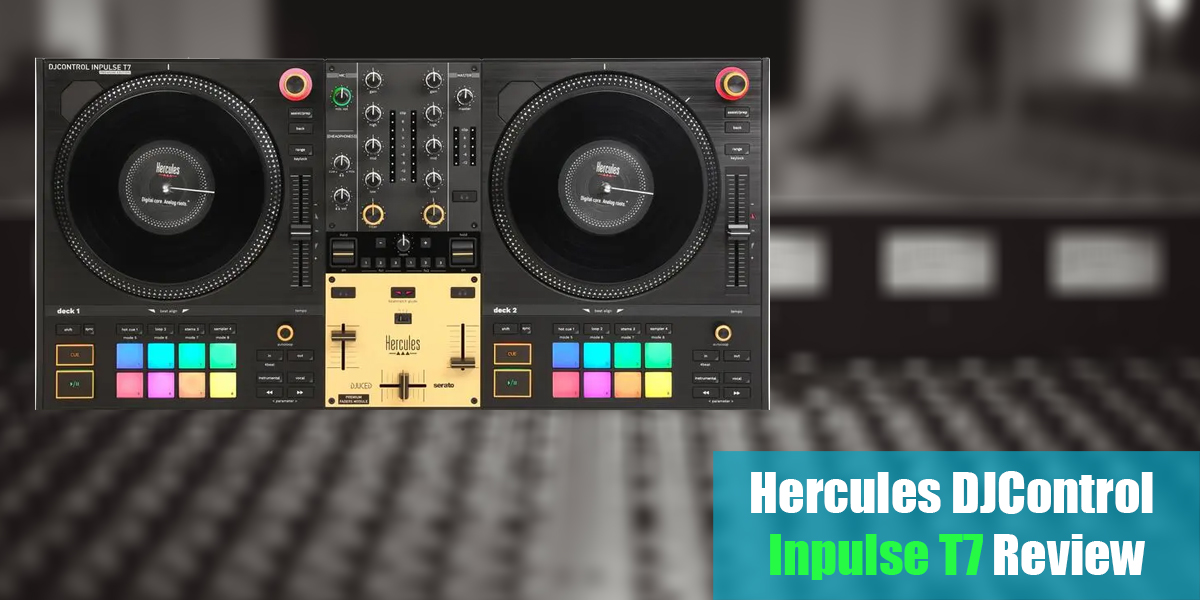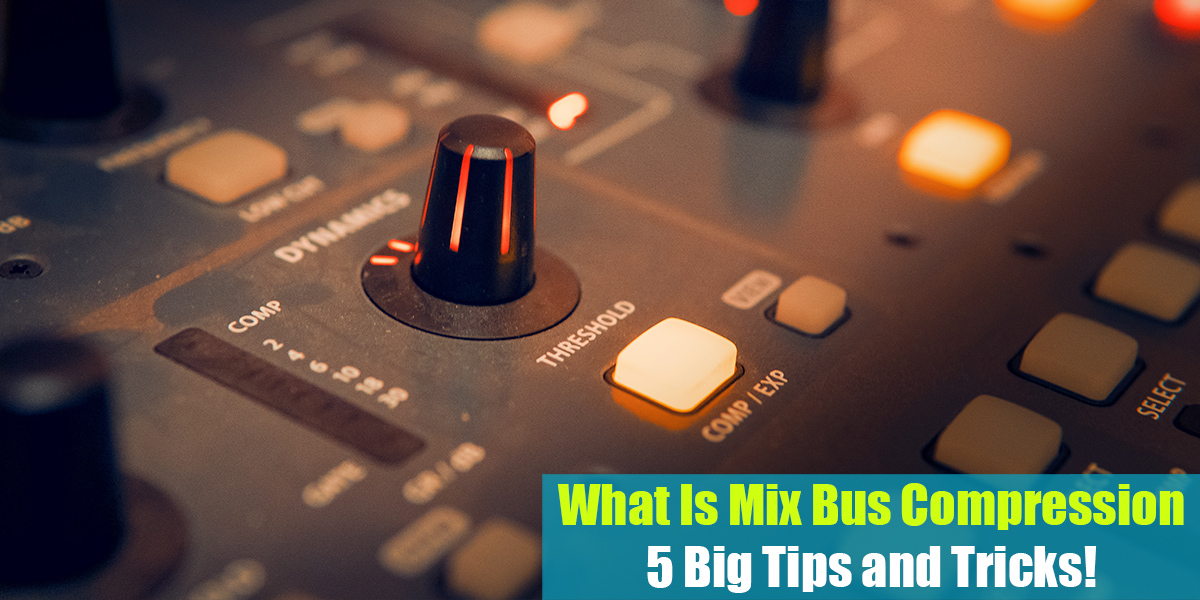Tips For Memorizing Music
Introduction
Isn’t it incredible to watch a live performance and see musicians play through so many songs with ease, never needing to look at sheet music or tabs? It’s hard to imagine how their brains hold on to so much information.
Through lots of repetition and a deep understanding of the harmony, melody, and lyrics, musicians can memorize many songs for a performance. This is especially true if they were involved in writing the music.
When people make a real effort to remember something, the human brain can hold an amazing amount of information. Just think—you probably don’t even notice how your brain memorizes the thousands of words you use when you speak every day.
But to do this, repetition is key. Let’s take a closer look at the different ways musicians memorize so many songs, along with some tips to help you learn and memorize music faster.
1. Practice at Slower Pace
Practicing slowly is a great way to help you memorize the correct dynamic markings, rhythms, pitches, and finger positions. By taking your time and focusing on your voice, hand position, posture, and finger movements, you can improve your technique as you practice music.
Start by breaking the music into smaller sections and working on each section separately. Play each part several times, both with and without the sheet music. Keep the piano or metronome at a slow tempo, about 50% slower than the original speed.
For example, if the original tempo is 80 BPM, begin practicing at 40 BPM. Once you feel comfortable singing and playing the section without looking at the score, gradually increase the tempo to 50 BPM, then 60 BPM, and so on.
You can also use a recording device to record yourself. Listen to the recording afterward to spot areas where you might be unsure or hesitant. At the end of your practice session, try playing through the entire piece from memory.
To improve your memory skills, focus on making fewer mistakes over time and developing your memorization technique. Don’t worry if you still make errors, even after slow practice. Keep practicing and strengthening your memory, and you will improve over time.

2. From Practice to Sleep
Memorizing something new can take a while for some people. Once you start to feel more comfortable, you’ll naturally want to move on, but the process can still feel frustrating. After you’ve repeated the material a few times, you can stop for the day.
You don’t need to repeat a small section for hours on end or check back later the same day to see if you still remember it. Sleep will do much of the work for you.
It might seem almost magical, but while you sleep, your brain solidifies what you’ve learned. This process is called consolidation. Depending on how much you tried to memorize, some of it will stick better by the next day, while other parts may fade as time goes on.
Over the next few days, if you keep repeating this process, your memories will become even stronger. Eventually, what you’re learning will be firmly set in your long-term memory. This isn’t the same as having a photographic memory, but it’s a great method for beginners and experienced musicians alike.
So, basically, you should return to what you’re learning the next day. The key point is that you don’t need to spend your whole day memorizing a small section. Take a break, let it settle, and then move on.
3. Understanding of the Basics of Music Theory
Understanding some basic music theory can make learning songs much easier. We’ll keep things simple and avoid too many technical terms, so you don’t have to worry about feeling overwhelmed.
Scales are like the foundation of music, and from each scale, you can find chords that naturally sound good together. Let’s look at the opening chord progression of the classic song “Sweet Home Alabama.” This song starts with chords in the key of D major, then moves to the key of C major, and finally to the key of G major.
When you’re starting out on guitar, you’ll learn some basic beginner chords. Most of these come from the G major scale, even if you don’t realize it at first. In music theory, we use Roman numerals to talk about chords—like V, IV, and I.
The good news is, you don’t need to memorize every exact chord in a song. As your understanding of music theory grows, it becomes much easier to remember that a song is in the key of G (the G major scale) and uses the V, IV, and I chords from that scale. Don’t worry, this isn’t meant to be a super technical music theory lesson!

4. Audible and Visual Patterns
If you have trouble keeping track of your music mentally, try searching for visual patterns. Make sure you consider every detail. Where do you see bowings marked? What notes start each phrase? Are the leaps moving up or down? Do any sections appear in a particular order? Which dynamics are indicated? It’s also important to memorize what you hear, not just what you see.
Be sure to pay close attention to the string or note you’re playing. How many notes occur on each string? How often does something specific happen? Understanding the music intellectually is just as important as seeing it visually.
The more senses you engage and the deeper your intellectual understanding of the music, the better your memory will be—and the less likely you’ll get lost if you make a mistake. Be aware of muscle memory, but don’t rely on it alone to remember your music.
You may feel different when you’re nervous because your muscles tense up. If you haven’t connected your senses and your mind, that unfamiliar feeling can throw you off. Always try to spot audio or visual patterns in your sheet music while you’re memorizing notes or words.
5. Memorizing Music by Ear
Learning music by ear is a unique and special experience. Musicians who use this method connect much more deeply with the structure of a song. Our brains tend to remember things better when we have to work a bit harder to learn them.
Think of it like driving a car. Have you ever ridden as a passenger along the same route many times, but when it was your turn to drive, you couldn’t remember which streets to turn on?
That’s because you weren’t responsible for making the turns, so you didn’t pay attention to street names or landmarks. The driver, on the other hand, had to watch for signs, read them, and decide when to turn. This made the route stick in their mind better than in yours.
The same idea applies when learning or memorizing music. Musicians often pick up songs by ear much faster than by reading sheet music or following lessons. This is because you have to really listen and focus on the music when you try to play it back on your instrument, whatever it might be.
Transcribing music by ear after listening to it several times is a fantastic exercise. Musicians especially benefit when they listen to a song, transcribe it, and then record themselves playing it. Even if it’s just a rough outline, sketching the basic chord progression on paper can be very helpful.

6. Repetition Over and Over Again
While repetition may seem like the obvious answer for memorizing music, it’s important to understand just how crucial this process really is. Musicians have to practice their chosen material many times before it becomes truly memorized, no matter how effective their memorization strategies might be. This isn’t just about learning new music through practice, but about repeating with the specific goal of committing it to memory.
The physiological goal of memorization means that repetition is the foundation of effective memorization practice. We want the music to become second nature, to be embedded in our muscle memory. The simplest way to achieve this is to repeat the material over and over until it requires minimal conscious thought.
When you perform, your focus shouldn’t be on worrying about whether you’re playing the right notes or if your technique is correct. By repeating the material confidently and consistently, you ensure the music is firmly rooted in your mind and body.
Most musicians use some kind of memorization technique when learning music, but regardless of the method, repetition is the key to success. So repeat, repeat, and repeat again. Spread this out over multiple practice sessions and you’ll see your memorization skills improve over time.
Conclusion
Whether you’re an amateur or a professional performer, memorizing music is a valuable skill. Not only does it make your performance look more polished, but it also helps you develop a deeper understanding and appreciation of the music.
Anyone can learn to memorize music with the right techniques and enough practice. While it takes time, patience, and dedication, the rewards are well worth the effort. With regular practice and the proper tools, memorizing music can enrich your life, both on stage and beyond.
If you have any questions about the topic we discussed here, or if you have suggestions for other ways to memorize music, please head to the comment section below. I’ll be happy to provide updates and hear your ideas.






